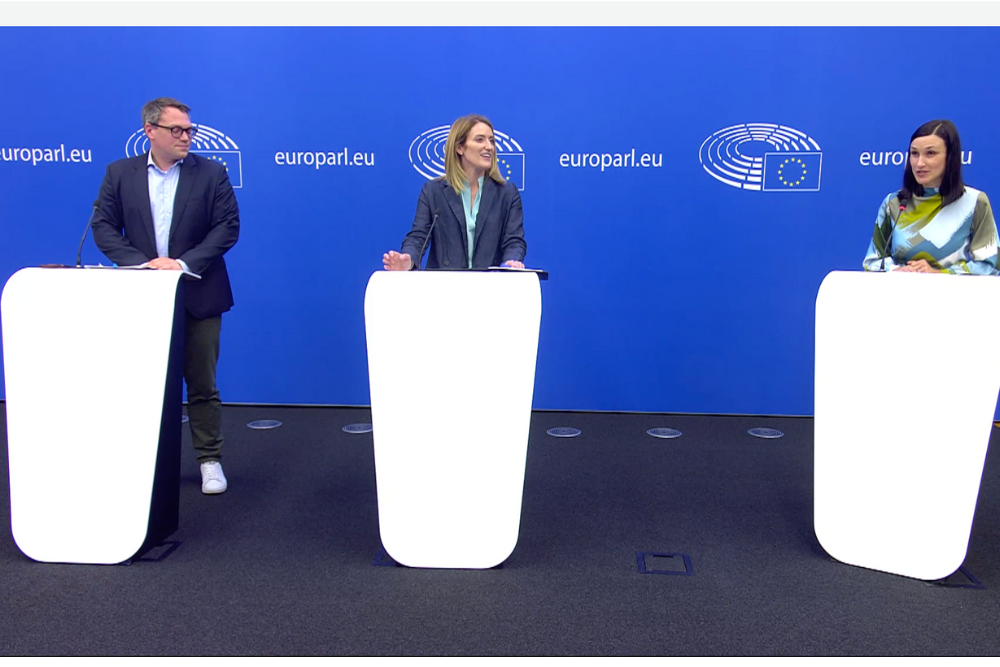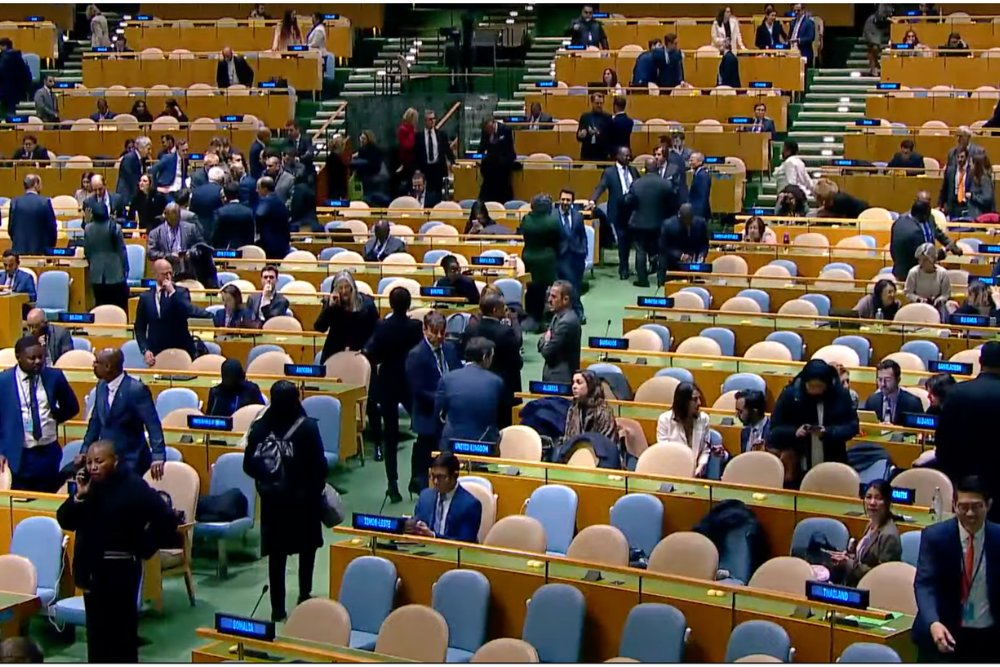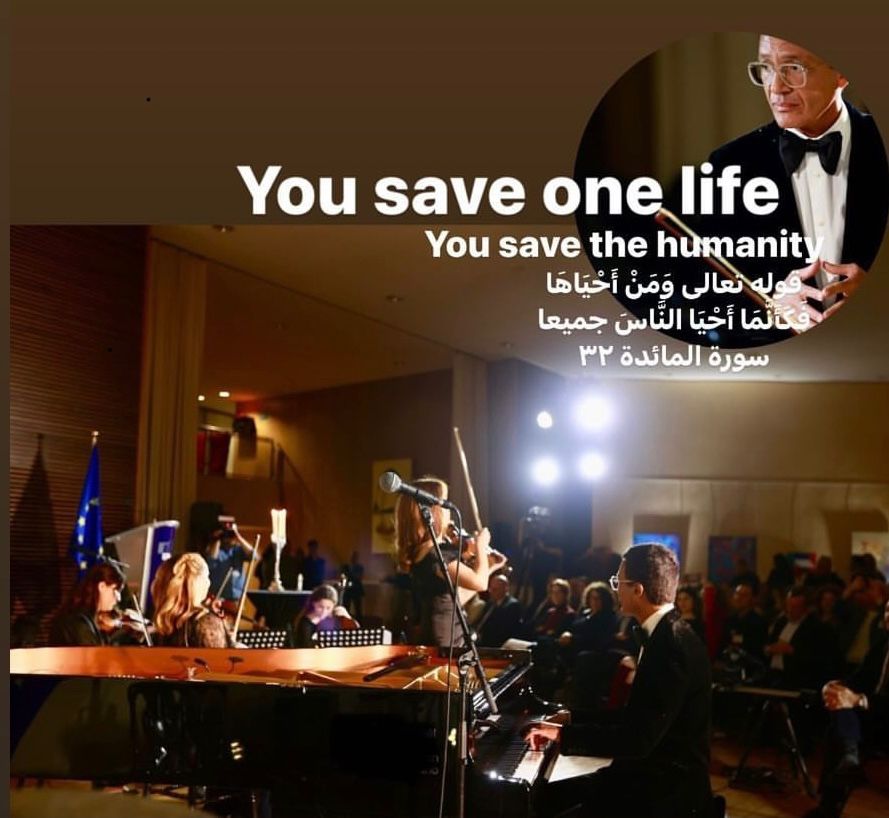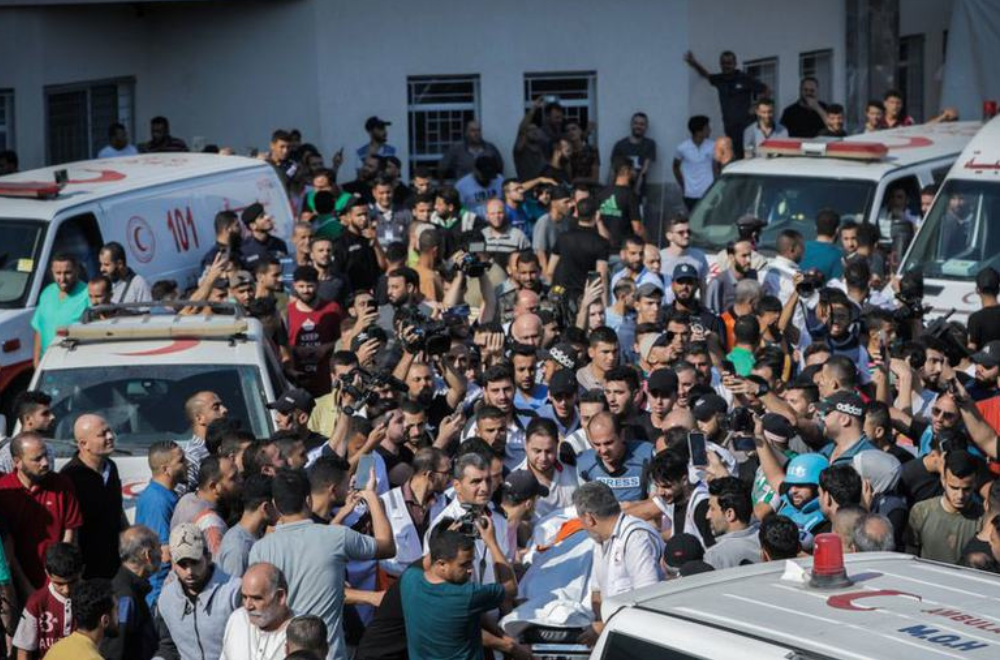Yesterday, the Council and the Parliament reached a provisional agreement on creating a new European authority anti-money laundering and countering financing of terrorism (AMLA) – the centrepiece of the anti-money laundering package, which aims to protect EU citizens and the EU’s financial system against money laundering and terrorist financing.
AMLA will have direct and indirect supervisory powers over high-risk obliged entities in the financial sector. This agreement leaves out a decision on the location of the agency’s seat, a matter that continues to be discussed on a separate track.
Given the cross-border nature of financial crime, the new authority will boost the efficiency of the anti-money laundering and countering the financing of terrorism (AML/CFT) framework, by creating an integrated mechanism with national supervisors to ensure obliged entities comply with AML/CFT-related obligations in the financial sector. AMLA will also have a supporting role with respect to non-financial sectors, and coordinate financial intelligence units in member states.
In addition to supervisory powers and in order to ensure compliance, in cases of serious, systematic or repeated breaches of directly applicable requirements, the Authority will impose pecuniary sanctions on the selected obliged entities.
Supervisory powers
The provisional agreement adds powers to AMLA to directly supervise certain types of credit and financial institutions, including crypto asset service providers, if they are considered high-risk or operate across borders.
AMLA will carry out a selection of credit and financial institutions that represent a high risk in several member states. The selected obliged entities will be supervised by joint supervisory teams led by AMLA that will among other things carry out assessments and inspections. The agreement entrusts the authority to supervise up to 40 groups and entities in the first selection process.
For non-selected obliged entities, AML/CFT supervision would remain primarily at national level.
For the non-financial sector, AMLA will have a supporting role, carrying out reviews and investigating possible breaches in the application of the AML/CFT framework. AMLA will have the power to issue non-binding recommendations. National supervisors will be able to voluntarily set up a college for a non-financial entity operating across borders if deemed needed.
The provisional agreement expands the scope and content of AMLA’s supervisory database by asking the Authority to establish and keep up-to-date a central database of information relevant for the AML/CFT supervisory system.
Targeted financial sanctions
The Authority will monitor that selected obliged entities have internal policies and procedures in place to ensure the implementation of targeted financial sanctions asset freezes and confiscations.
Governance
AMLA will have a general board composed of representatives of supervisors an Financial Intelligence Units from all member states, and an executive board, that would be the governing body of the AMLA, composed of the chair of the Authority and five independent full-time members.
The Council and the Parliament removed the Commission’s veto right on some of the powers of the executive board, notably its budgetary powers.
Whistleblowing
The provisional agreement introduces a reinforced whistle-blowing mechanism. Regarding obliged entities, AMLA will only deal with reports coming from the financial sector. It will also be able to attend reports from employees of national authorities.
Disagreements
AMLA will be given the power to settle disagreements with a binding effect in the context of financial sector colleges and, in any other case, upon the request of a financial supervisor.
AMLA seat
The Council and European Parliament are currently negotiating the principles of the selection process of the new Authority’s seat location. Once the selection process has been agreed, the selection process for the seat will be concluded and the location will be introduced in the regulation.
Next steps
The text of the provisional agreement will now be finalised and presented to member states’ representatives and the European Parliament for approval. If approved, the Council and the Parliament will have to formally adopt the texts.
Negotiations between the Council and Parliament on the regulation on anti-money-laundering requirements for the private sector and the directive on anti-money laundering mechanisms are still ongoing.
Background
On 20 July 2021, the Commission presented its package of legislative proposals to strengthen the EU’s rules on anti-money laundering and countering the financing of terrorism (AML/CFT). This package consists of:
- a regulation establishing a new EU anti-money laundering authority (AMLA) which will have powers to impose sanctions and penalties
- a regulation recasting the regulation on transfers of funds which aims to make transfers of crypto-assets more transparent and fully traceable
- a regulation on anti-money-laundering requirements for the private sector
- a directive on anti-money-laundering mechanisms
The Council and Parliament reached a provisional agreement on the regulation on transfers of funds on 29 June 2022.
anti-money laundering and combating the financing of terrorism











